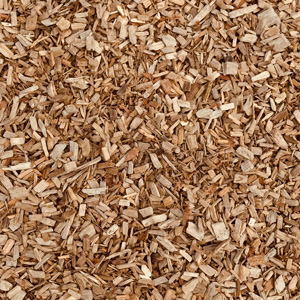Mulching is a gardener’s best friend, offering a wealth of benefits that promote healthy soil, vibrant plant growth, and reduced maintenance. From suppressing weeds to conserving moisture and improving soil structure, mulch plays a vital role in nurturing your garden. Here’s what you need to know:
1: Weed Suppression
One of the primary benefits of mulching is its ability to suppress weeds, reducing the need for manual weeding and keeping your garden beds tidy and weed-free.

2: Moisture Retention
Mulch acts as a natural barrier, helping to retain moisture in the soil and reduce water evaporation, particularly during hot summer months. This not only conserves water but also helps maintain consistent soil moisture levels for your plants.

3: Soil Health
As mulch breaks down over time, it adds organic matter to the soil, improving soil structure, fertility, and microbial activity. This creates a healthy environment for plant roots to thrive and ensures long-term soil health and productivity.

4: Temperature Regulation
Mulch acts as insulation, helping to regulate soil temperatures by keeping the soil cooler in the summer and warmer in the winter. This creates a more stable environment for plant roots, reducing stress and promoting optimal growth.
5: Choosing the Right Mulch
When selecting mulch for your garden, consider factors such as material, texture, and color, as well as the specific needs of your plants and garden environment. Common mulch options include organic materials like shredded bark, straw, and compost, as well as inorganic materials like gravel and landscape fabric.

Leave a Reply